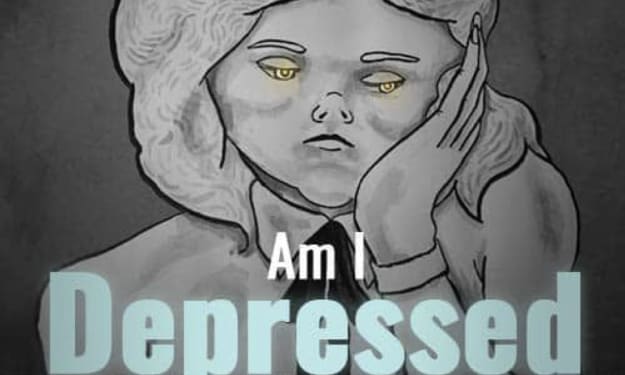Unveiling the enigmatic mind: insights into human psychology
“Discover the Intricacies and Influence of the Human Mind through Psychological Phenomena and Cognitive Biases”

Over the years, scientists have made numerous discoveries about the mysteries and limitations of the human brain that were deeply hidden in our psyche. Sometimes, we find ourselves doing peculiar things and then ponder the logic behind our behavior. In reality, there is always some underlying logic, although it often resides in specific idiosyncrasies of our minds.
You don’t have to be a psychology expert to grasp what’s happening in people’s minds and utilize it to your advantage. There are psychological techniques that operate on a subconscious level and can help you gain someone’s trust, earn approval, and find relaxation in stressful situations, we will explore psychological effects that impact us almost every day, shedding light on why we are always drawn to unattainable goals and how we behave in the presence of laughter within a group.
The anchoring effect suggests that having a reference point, even if it’s inaccurate, makes it easier for individuals to evaluate something. Stores often employ this technique by showing original prices to make discounted prices appear more appealing. Our memories are not fixed like small movies stored on a shelf in our brains. Recollections of past events change with each recollection, influenced by memory gaps and recent experiences. Chewing on something, such as gum, can help reduce anxiety before important conversations or public speaking. It tricks our brain into a state of relaxation and relieves tension. The way we judge the correctness of a decision is often based on the end result rather than the actions taken to achieve it. This cognitive bias is used in advertising where the focus is solely on the final outcome, such as making a purchase.
Dunbar’s number refers to the maximum number of people with whom we can maintain close relationships. Despite having thousands of friends on social media, meaningful communication is limited to a smaller circle.
If you stare at someone who is not providing a satisfactory answer or withholding information, the uncomfortable silence may prompt them to reveal more than intended. This is because prolonged eye contact can be persuasive and make people feel compelled to speak. The paradox of choice suggests that having too many options often leads to dissatisfaction with our final choice. The abundance of choices can make us second-guess our decisions, even if they are objectively the best available.
To calm nerves during an oral exam or job interview, imagine the person in front of you as a long-lost friend. This mental trick helps alleviate anxiety and makes it easier to respond to questions. The clustering illusion is the tendency to perceive patterns or systems in random coincidences. It particularly affects gamblers and those who believe in fate signs, leading them to interpret events incorrectly. Our short-term memory can retain only three to four pieces of information for a limited time. Repeating and refreshing information in our memory helps us retain it for longer periods.
Hanging a mirror behind your desk when working with people can make them more polite and cooperative. People dislike seeing themselves angry or annoyed, so the mirror acts as a subconscious reminder to maintain positive behavior. The pratfall effect suggests that making a mistake or stumbling can actually make a person more likable and endearing. Perfection can be off-putting, while mistakes make us appear more human and relatable.
Our brain processes visual information by focusing on the first and last letters of words and intuitively filling in the rest based on past experience. This enables us to read quickly and perceive jumbled letters as words.
Yawning is contagious, and most people will yawn when they see, hear, or think about yawning. You can use this to your advantage to determine if someone is observing you by yawning and observing their response.
About the Creator
Jennifer Opara
Meet Jennifer, a passionate writer who loves to explore new ideas and share her thoughts with the world. Jennifer’s writing has inspired and informed readers across the globe and is always engaging, insightful, and thought-provoking.





Comments
There are no comments for this story
Be the first to respond and start the conversation.